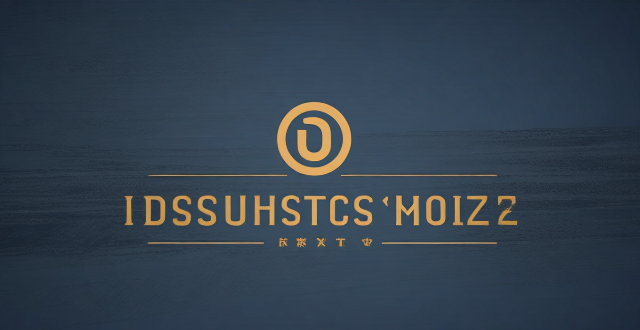The text discusses the signs that indicate a computer might need a hardware upgrade. These include slow performance, frequent freezes and crashes, poor multitasking, long boot times, heating issues, outdated graphics, noise and grinding sounds, insufficient storage space, compatibility issues, and battery life problems for laptop users. The text then suggests assessing one's needs before upgrading, consulting with professionals for advice on compatible components, and considering future-proofing options to choose long-lasting hardware components.

Signs That Your Computer Needs a Hardware Upgrade
Slow Performance
If your computer takes an unusually long time to start up, load programs, or switch between applications, it may be a sign that your hardware is outdated. This can be especially noticeable if you're running multiple programs or browser tabs at once.
Frequent Freezes and Crashes
Regular system freezes or crashes can indicate that your computer’s hardware components are struggling to keep up with the demands of modern software. This could be due to insufficient RAM, an aging processor, or other failing parts.
Poor Multitasking
When you attempt to perform several tasks simultaneously, such as watching a video while downloading files, and the system becomes extremely sluggish, this suggests that your hardware might not be up to the task.
Long Boot Times
If your computer takes several minutes to boot into the operating system, this could be a symptom of slow storage devices like hard drives. An SSD (Solid State Drive) upgrade might significantly reduce boot times.
Heating Issues
Overheating can be a serious problem. If your computer gets excessively hot, it could be because the cooling system is no longer efficient or the processor is being overworked.
Outdated Graphics
If you notice poor performance when playing games or working with graphics-intensive applications, your graphics card may need an upgrade, especially if you have a dedicated GPU.
Noise and Grinding Sounds
Mechanical noises coming from your computer case, especially from hard drives or fans, could indicate wear and tear on these components.
Insufficient Storage Space
Running out of space frequently means that your storage solution is no longer adequate for your needs. It might be time to upgrade to a larger hard drive or faster SSD.
Compatibility Issues
Newer software and hardware might not work well with older systems. If you find yourself unable to use the latest peripherals or software due to compatibility issues, an upgrade might be necessary.
Battery Life
For laptop users, a significant drop in battery life could be a sign that the battery needs replacement or that the system's power management has become inefficient due to aging hardware.
How to Approach an Upgrade
Assess Your Needs
Determine which tasks you need your computer to perform efficiently. Do you game, edit videos, or just browse the web? Your needs will guide what components to upgrade.
Consult with Professionals
Before purchasing new hardware, consult with IT professionals to ensure compatibility and get recommendations on the best components for your specific needs.
Consider Future-Proofing
Choose components that will last you for a few years, so you don't end up in the same situation too soon.
By paying attention to these signs and taking appropriate action, you can extend the lifespan of your computer and maintain its performance.